Jews joined the world in anguish at the video broadcast around the globe this week of a 12-year-old Palestinian boy shot to death as he crouched with his father for safety.
It spoke to the horror that befell Israel and the Palestinians this past week as more than 50 died in days of rioting, touched off Sept. 28 when Likud Party leader Ariel Sharon visited the Temple Mount in Jerusalem, a site holy to both Jews and Muslims.
On the very cusp of a historic peace agreement, the two nations seem to have flung themselves backward into the blood and strife of the past.
A glimmer of hope came late Wed. in Paris after a somewhat tumultuous three-way meeting involving U.S. Secretary of State Madeleine Albright, Israeli Prime Minister Ehud Barak and Palestinian Authority President Yasser Arafat. Israel agreed to withdraw its forces to where they were before the violence began.
In return, Palestinians would agree to stay away from two flashpoints on the West Bank and Gaza Strip. In addition, both sides would apparently agree to have the CIA find ways to prevent the unrest from escalating.
A more detailed agreement was expected to be signed Thursday in Egypt, where talks will be hosted by Egyptian President Hosni Mubarak.
For Israelis, the week’s nightmare has been immeasurably exacerbated by other footage – less stark perhaps but no less shocking – of Israeli Arab citizens fighting with, and being shot down by, Israeli Jewish policemen in towns and on roads in the heart of the country.
For the wider world, the distinction between the nearly 3 million Palestinians in the West Bank and Gaza and the roughly 1 million Palestinians who are citizens of Israel blurred behind the palls of smoke. But for Israelis, this week’s internal intifada, or uprising, came as a devastating surprise. Never before in its 52-year history has Israel seen such widespread violence.
Jaffa, Haifa, Acre – mixed cities that have known harmony for decades – suddenly turned into battlefields. In the all-Arab areas of the Galilee, roads were blocked, civilians and police were attacked, and banks and Jewish businesses were brutalized.
At the height of the 1987-92 Palestinian intifada, Israeli Arabs, though plainly sympathetic toward the plight and the struggle of their cousins across the border, were always careful to stop short of joining the violence themselves.
Israeli Jews, for their part, grew to believe in the distinction marked by the “green line” separating the West Bank and Gaza Strip from Israel proper.
This week, the Arab political leadership accused the police in northern Israel of provoking the extreme violence that engulfed their community by resorting far too readily to the use of rubber-coated bullets instead of the nonlethal riot equipment usually deployed by police forces in democratic countries.The social and political ramifications of the new Israeli Arab militancy are hard to predict.
In the heat of the rioting, many here feared that the delicate fabric of Jewish-Arab coexistence inside Israel had been irreparably torn apart.
As the week went on, some were saying that efforts needed to be redoubled to allay deep-seated grievances simmering beneath the political and religious fury that triggered the week’s events.
But the fact that eight Israeli Arabs are lying in fresh graves will not quickly or easily be forgotten by a community that numbers almost 20 percent of the country’s total population.
That fact must inevitably cast a pall of uncertainty over Barak’s ability to retain crucial support from the 10 Arab Knesset members. Without that support, he can have no hope of maintaining a narrow-based, center-left government into the Parliament’s winter term, which opens at the end of this month.
Beyond political arithmetic, Jews and Arabs are wondering how much trust remains between the majority and minority communities in the Jewish state.
If violence can sweep through the familiar streets so quickly, can contort familiar faces so totally, what are the chances of even a modest façade of neighborly relations being reconstituted?
Given the remarkable resiliency of individuals and society, the prospects of the week’s illness being healed are probably better than they appear right now.
But the same disturbing questions are necessarily nagging at Israel’s policymakers when they contemplate the collapse of trust between their state and the Palestinians’ state-in-the-making.
Only last week, Barak and Arafat were dining jovially together at the prime minister’s home in Kochav Yair, at what both sides said was their warmest meeting ever. Forty-eight hours later, they were enemies.
Urged on by the international community, the two leaders strove this week to rein in the violence and even to turn it into a catalyst for resumed peace negotiations.
On Wednesday, they were scheduled to meet with U.S. Secretary of State Madeleine Albright in Paris. Later, they were to fly to Egypt for talks there organized by President Hosni Mubarak.
Plainly these goodwill endeavors by America and Egypt are predicated on the dual hope that the violence can be stopped and that a new determination to achieve peace can be nurtured.
Some observers in Israel maintained that the week’s disturbances, though unpredicted in their ferocity, could have been expected once the peace process touched the raw nerve of Jerusalem and the Temple Mount.
These observers suggested that in hindsight, the dozens of fatalities and hundreds of injuries might yet be seen as the last blood that needed to be spilled so that the two combatants could finally lay down their arms and make the painful concessions that a peace settlement requires.
Another view, however, was just as cogent – and seemed more realistic – against the backdrop of the ongoing disturbances.
This view holds that the violence will have hardened the hard-liners on both sides and will make it all the more difficult for the two leaders to achieve a workable agreement and secure a solid majority behind it.Many Israeli Jews have grave misgivings about sharing Jerusalem, which had become a major sticking point in negotiations.
And on the Palestinian side, concessions on Jerusalem are likely even more unpalatable, now that dozens of people have died – as Palestinian opinion sees it – defending Islamic claims in the holy city.


















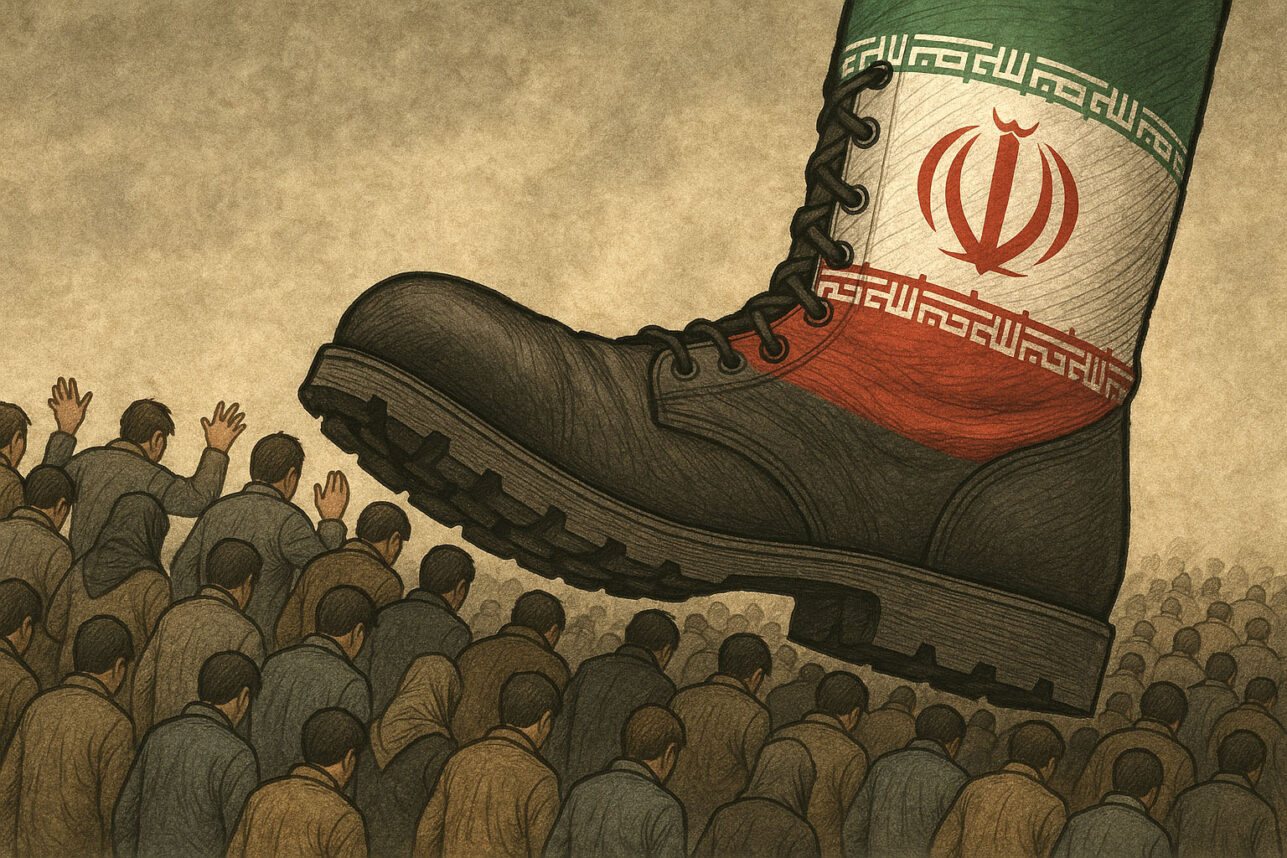

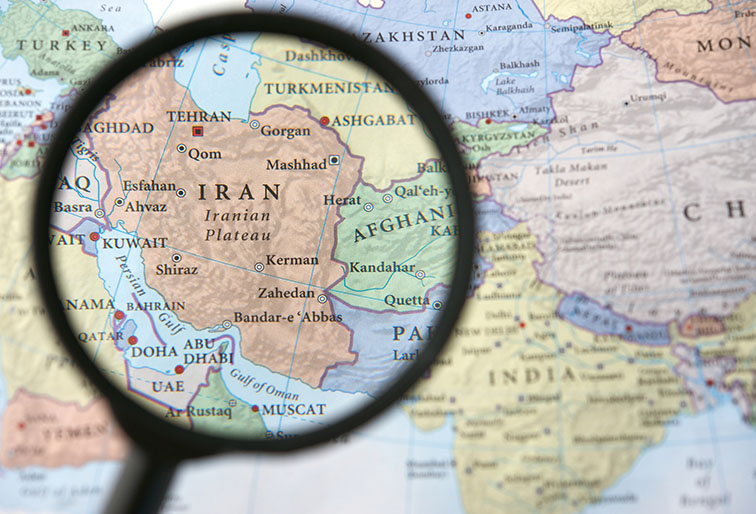
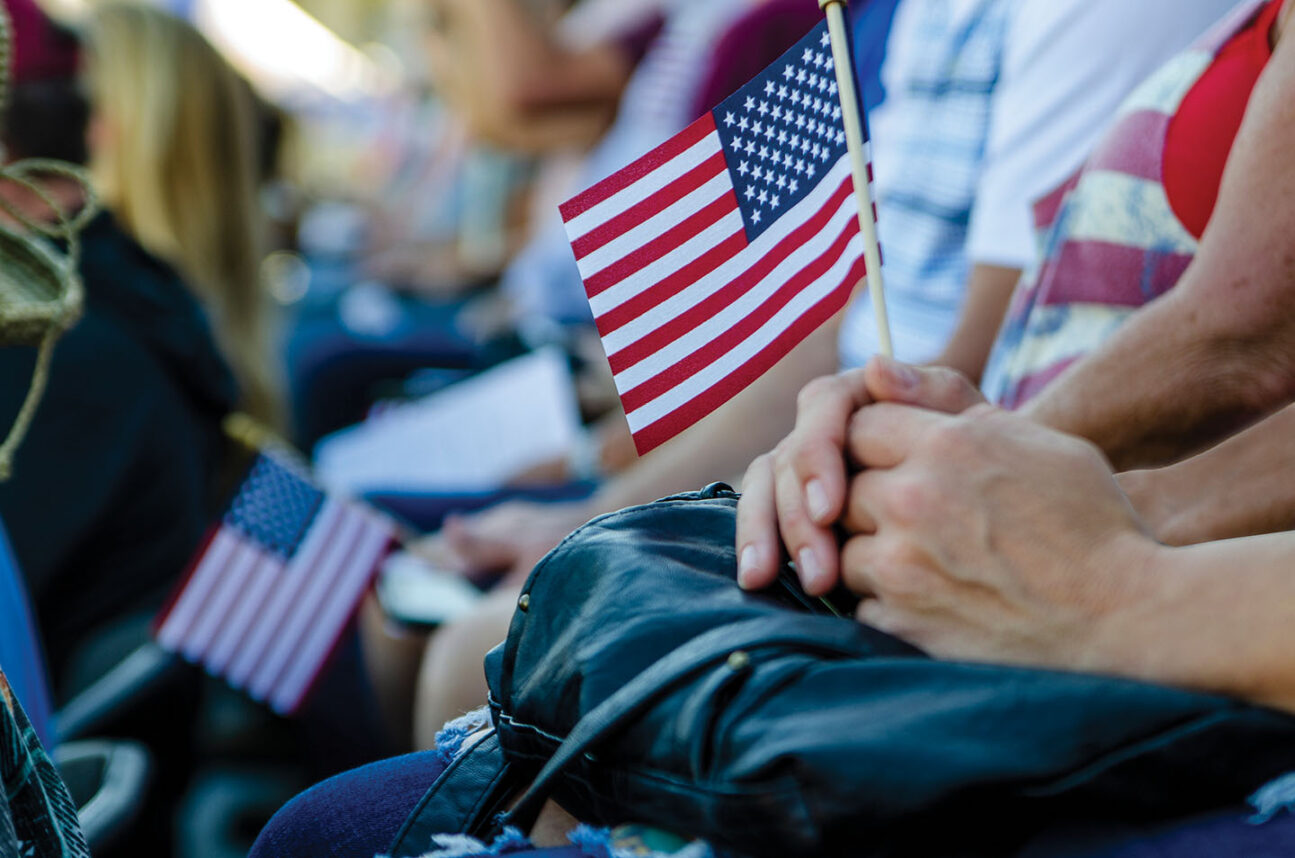
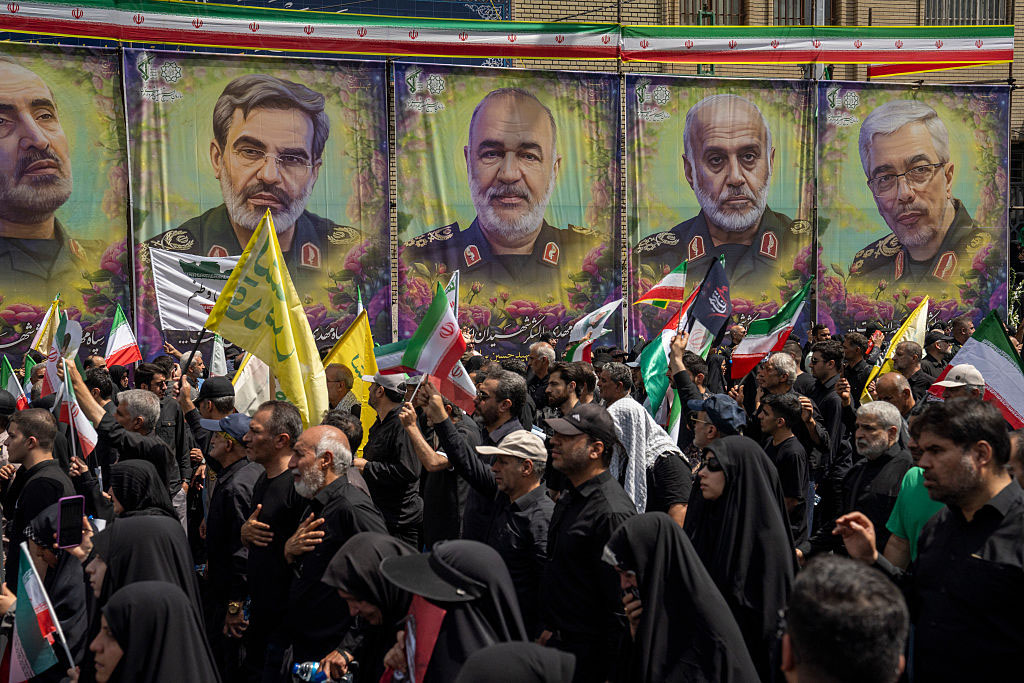
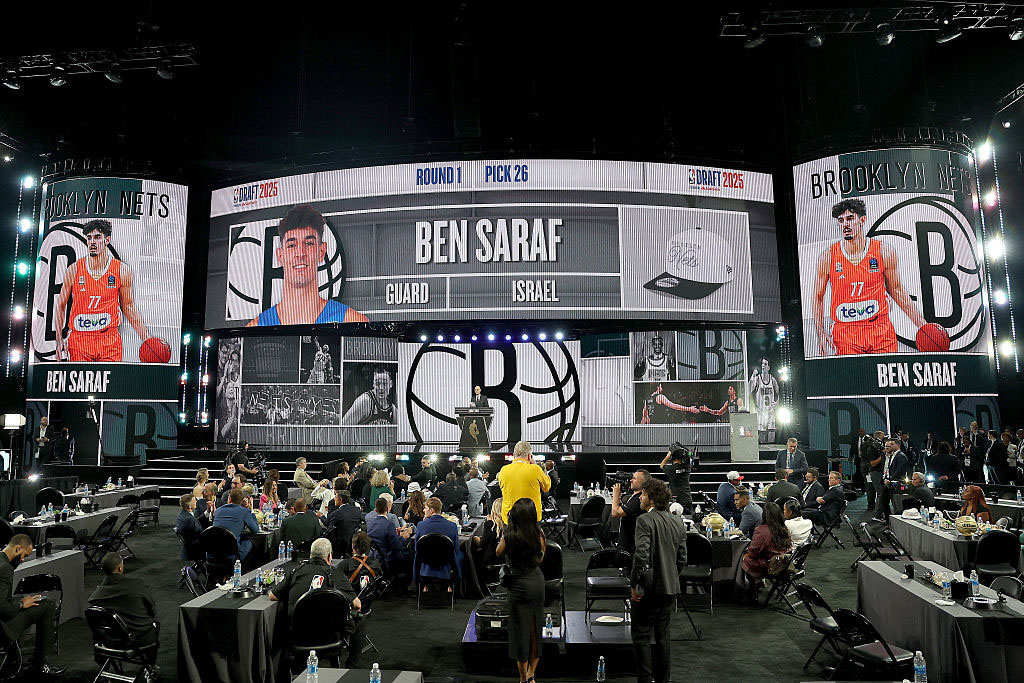









 More news and opinions than at a Shabbat dinner, right in your inbox.
More news and opinions than at a Shabbat dinner, right in your inbox.